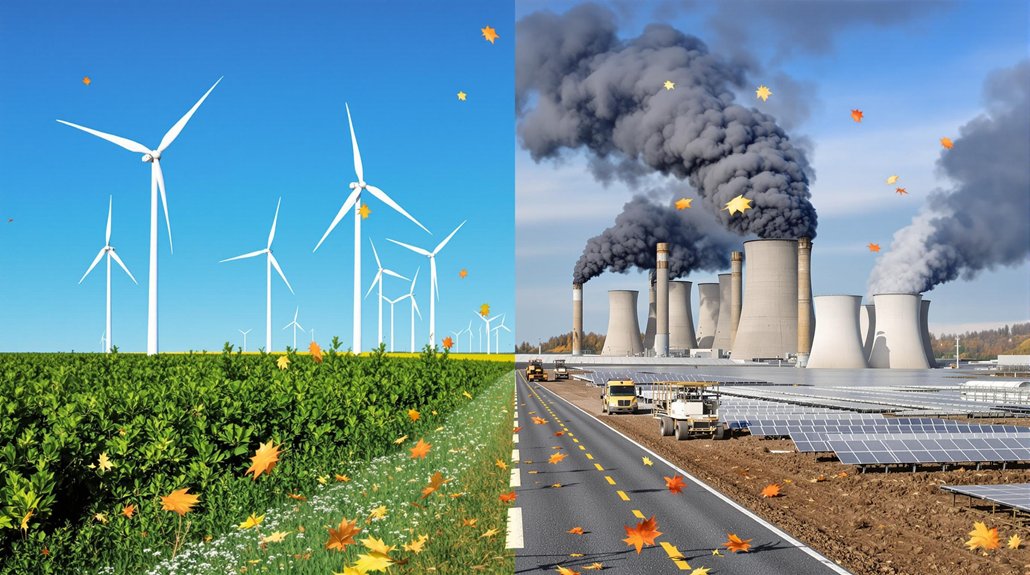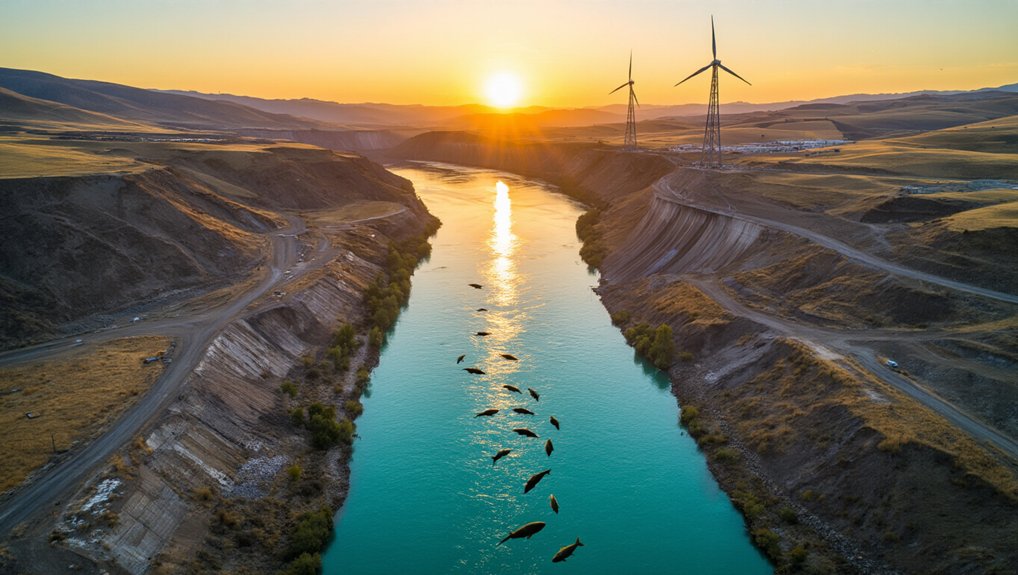While Americans believed their tax dollars were protecting natural treasures, significant portions of wilderness conservation funds are being redirected away from their intended purpose. The Trump administration has proposed diverting $387 million from the Land and Water Conservation Fund (LWCF), representing over one-third of its federal funding, to cover Forest Service maintenance instead. This would reduce funds meant for land protection by a staggering 90%.
American taxpayers watch conservation dollars vanish as the LWCF faces a devastating 90% cut to land protection funding.
The LWCF, which enjoys bipartisan support and was permanently funded in 2020, now faces a major reversal with the budget request for fiscal year 2026. This proposal would undermine the Great American Outdoors Act passed in 2020 that secured permanent funding for conservation efforts. This proposal would create the largest cut to National Park Service funding in history. At stake are funds essential for national parks, wildlife refuges, forests, and public recreational lands across the country.
National Park Service entrance fees have also been partially redirected for unrelated events, including $2.5 million for the 2019 “Salute to America” celebration. These fees are typically earmarked for park maintenance and improving visitor experiences under the Federal Lands Recreation Enhancement Act.
The administration has floated proposals to liquidate public lands to finance alternative government projects, sometimes described as a “sovereign wealth fund.” U.S. House rule changes have made it easier to sell public lands without considering their conservation value or economic impact.
Meanwhile, accelerated leasing of federal land for oil, gas, and mining operations continues, often allowing energy companies to pay minimal fees. The administration has been rapidly leasing public lands across the West with minimal oversight or environmental considerations. New roadless rules are being drafted to weaken protections against logging and mining, particularly in Alaska and western states, with public lands described as “open for business.”
The LWCF Coalition has called this policy reversal “shocking and devastating,” warning it threatens a 60-year legacy of public lands protection. With proposed cuts of at least one-third to funding for national parks, forests, and wildlife refuges in the 2026 budget, along with staff reductions, America’s capacity to protect its natural heritage faces unprecedented challenges.
References
- https://gearjunkie.com/outdoor/trump-budget-slash-lwcf
- https://pehc.colostate.edu/2021/09/up-in-smoke-national-park-service-gate-fees-diverted-to-fund-trump-salute-to-america-2/
- https://e360.yale.edu/features/open-for-business-the-trump-revolution-on-public-lands
- https://www.americanprogress.org/article/the-trump-administration-is-recklessly-axing-funding-and-staff-for-americas-national-parks-forests-and-public-lands/
- https://www.americanprogress.org/article/trump-quietly-plans-to-liquidate-public-lands-to-finance-his-sovereign-wealth-fund/








